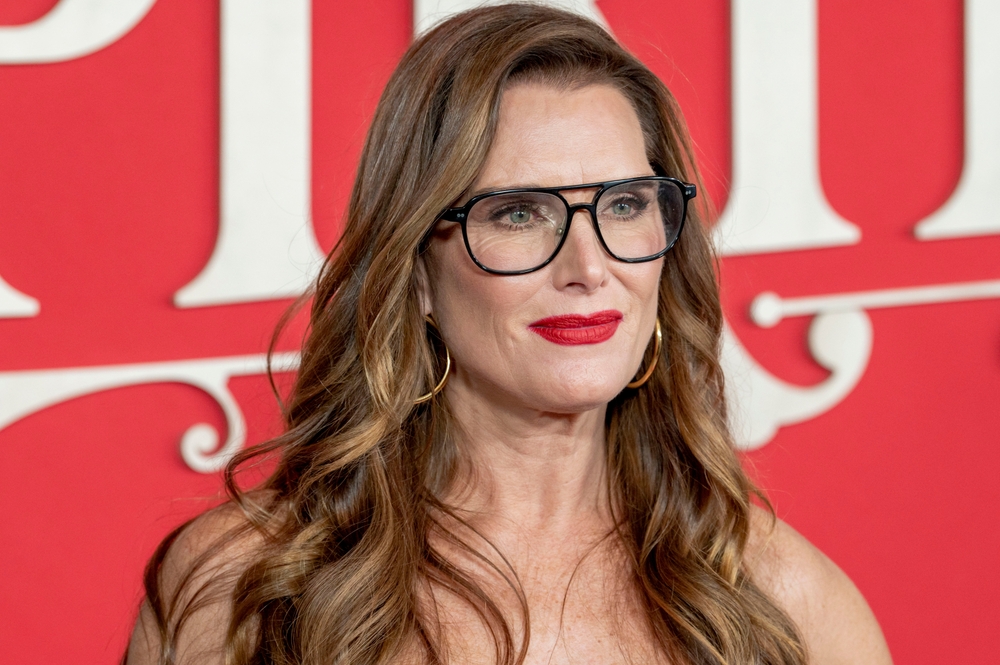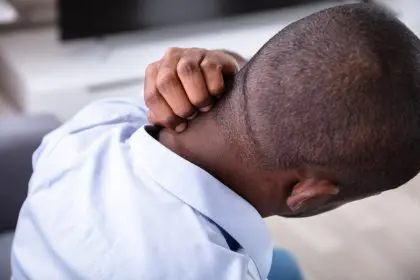In her latest memoir exploring the complexities of aging, actress Brooke Shields reveals a troubling incident of medical misconduct that occurred during what should have been a routine procedure. The revelation comes as part of her broader examination of women’s health and bodily autonomy in her new book “Brooke Shields Is Not Allowed to Get Old: Thoughts on Aging as a Woman.”
A Routine Decision Gone Wrong
The incident unfolded when Shields, now 59, sought medical consultation in her 40s regarding physical discomfort. During what began as a standard gynecological visit, her doctor noted anatomical concerns and recommended a surgical intervention. After careful consideration, Shields agreed to a specific, limited procedure.
What transpired next would haunt her for years. During a follow-up appointment in Beverly Hills, her plastic surgeon casually revealed he had performed an additional procedure – a vaginal rejuvenation – without her knowledge or consent. The unauthorized intervention left Shields grappling with feelings of violation and betrayal.
The psychological impact of this medical breach extended far beyond the physical procedure. Shields kept the incident hidden from her husband, Chris Henchy, struggling privately with the complex emotions that followed. The experience highlighted a disturbing power dynamic within medical settings, where patient autonomy can be compromised under the guise of professional judgment.
The unauthorized procedure particularly troubled Shields because it seemed to reflect broader societal pressures about female aging and appearance. The surgeon’s pride in performing what he termed a “twofer” demonstrated a concerning disconnect between medical professionals’ actions and patient rights.
Shifting the narrative
Shields’ decision to share this deeply personal experience marks a significant shift in how public figures address women’s health issues. Rather than maintaining the customary silence around such matters, she chose to confront the incident head-on, recognizing its broader implications for medical ethics and patient advocacy.
The memoir serves as both personal testimony and social commentary, examining how women’s bodies often become battlegrounds for larger cultural debates about aging, beauty standards and medical authority. By sharing her experience, Shields challenges the medical establishment’s assumption of authority over women’s bodies and questions the normalization of unnecessary procedures.
Catalyst for change
The impact of Shields’ revelation extends beyond her personal experience, opening crucial discussions about informed consent and medical ethics. While she chose not to pursue legal action, her story illuminates the subtle ways medical professionals can overstep boundaries, even in prestigious facilities.
The actress’s candid account raises important questions about the intersection of cosmetic procedures and medical necessity, particularly in women’s healthcare. It highlights how even accomplished, empowered women can find themselves vulnerable in medical settings where their autonomy is not fully respected.
Medical ethicists note that such unauthorized procedures, regardless of intended benefit, constitute a serious breach of patient trust and professional ethics. The incident underscores the necessity for stronger patient protections and more rigorous enforcement of consent protocols.
Looking forward
Through sharing her experience, Shields aims to empower others to advocate for themselves in medical settings. Her story serves as a reminder that patient dignity and autonomy must remain central to medical practice, regardless of a doctor’s intentions or expertise.
The memoir’s exploration of this incident reflects a broader cultural shift toward transparency around women’s health issues. By refusing to remain silent, Shields contributes to an evolving dialogue about medical ethics, patient rights and the complex dynamics of aging in the public eye.
As healthcare continues to evolve, stories like Shields’ highlight the ongoing need for vigilance in protecting patient rights and ensuring that medical professionals maintain appropriate boundaries. Her courage in sharing this experience may help others recognize and resist similar violations of their medical autonomy.















